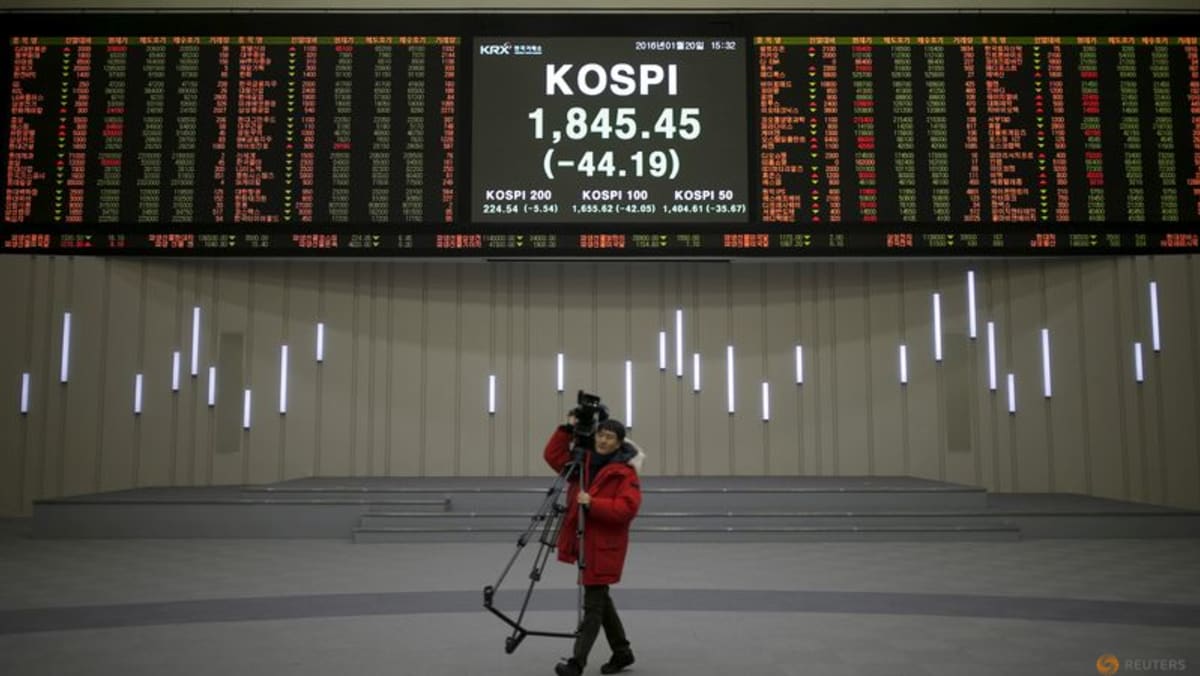South Korea has made headlines by re-imposing a ban on short-selling of stocks in its domestic market until June 2024. This decision has raised discussions and concerns among investors, market analysts, and policymakers.

Also Read: Elon Musk’s xAI Grok Launches Services
Short-selling is a trading strategy where an investor (the short-seller) borrows shares of a security and sells them on the open market with the intention of buying them back later at a lower price.
The goal is to profit from the decrease in the security’s value. Short-selling can be applied to individual stocks or broader market indices.
For example, if an investor believes that a particular stock is overvalued and its price will drop, they can borrow shares of that stock, sell them at the current market price, and then buy them back at a lower price when the value decreases.
The short-seller returns the borrowed shares to the lender and pockets the difference between the sale and repurchase prices as profit.
While this strategy can be lucrative, it also carries risks, as the losses are theoretically unlimited if the stock’s price rises.
South Korea’s Financial Services Commission (FSC) recently announced the re-imposition of a ban on short-selling in the domestic stock market.
This ban applies to all listed stocks on the main KOSPI, as well as the Kosdaq and KONEX markets. The ban, in effect from November 6, 2023, is set to last until the end of June 2024.
It replaces the previous regulations that were lifted in May 2021, which allowed short-selling for major stocks featured in the KOSPI 200 index and Kosdaq 150 index as exceptions.
Also Read: FTX Founder Sam Bankman-Fried Found Guilty of Fraud
The decision to reintroduce the short-selling ban is, in part, a response to growing market uncertainty. Financial markets, like many other global markets, have been experiencing increased volatility and uncertainty. This has prompted regulators to take measures to stabilize the market.
One of the reasons behind the ban is the perception that short-selling, particularly by major foreign investment banks, has led to unfair trading practices.
The South Korean authorities believe that these practices create an uneven playing field, disproportionately benefiting institutional investors and disadvantaging retail investors.
Another concern is the prevalence of naked short selling, a practice where investors short-sell shares without actually borrowing or owning them. Naked short selling is illegal in South Korea, and authorities have been keen to address this issue.
The ban is not just a response to these concerns but also an attempt to improve the fairness and integrity of the South Korean stock market.
In the short term, the ban is likely to contribute to market stability by reducing the speculative short-selling activities. The ban may result in decreased market volatility, as short-selling often amplifies price swings.
Also Read: Disney Buys Hulu Remaining 33% Stake from Comcast for $8.61 Billion
Retail investors, in particular, may gain more confidence in the market’s fairness, as the ban aims to level the playing field between different types of investors.
The ban underscores South Korea’s commitment to maintaining regulatory clarity and fair trading practices.
The ban may lead to a reevaluation of South Korea’s stock market by index providers like MSCI, which consider factors like short-selling regulations when determining market status.
The ban may serve as a reference point for other countries considering short-selling regulations. Regulators in other jurisdictions might examine the South Korean experience to inform their own decisions.
South Korea has been aspiring to upgrade its market status from an Emerging Market to a Developed Market by influential index provider MSCI. The resolution of issues related to short-selling could be a factor in MSCI’s decision-making process.
As the global financial landscape continues to evolve, maintaining market integrity and fairness remains a top priority. South Korea’s actions to level the playing field can be seen as a commitment to these principles.
Also Read: WeWork is Reportedly Planning to File for Bankruptcy

/cloudfront-us-east-2.images.arcpublishing.com/reuters/O24J62WOPFKR7J35B4HVXD6YWY.jpg)





















